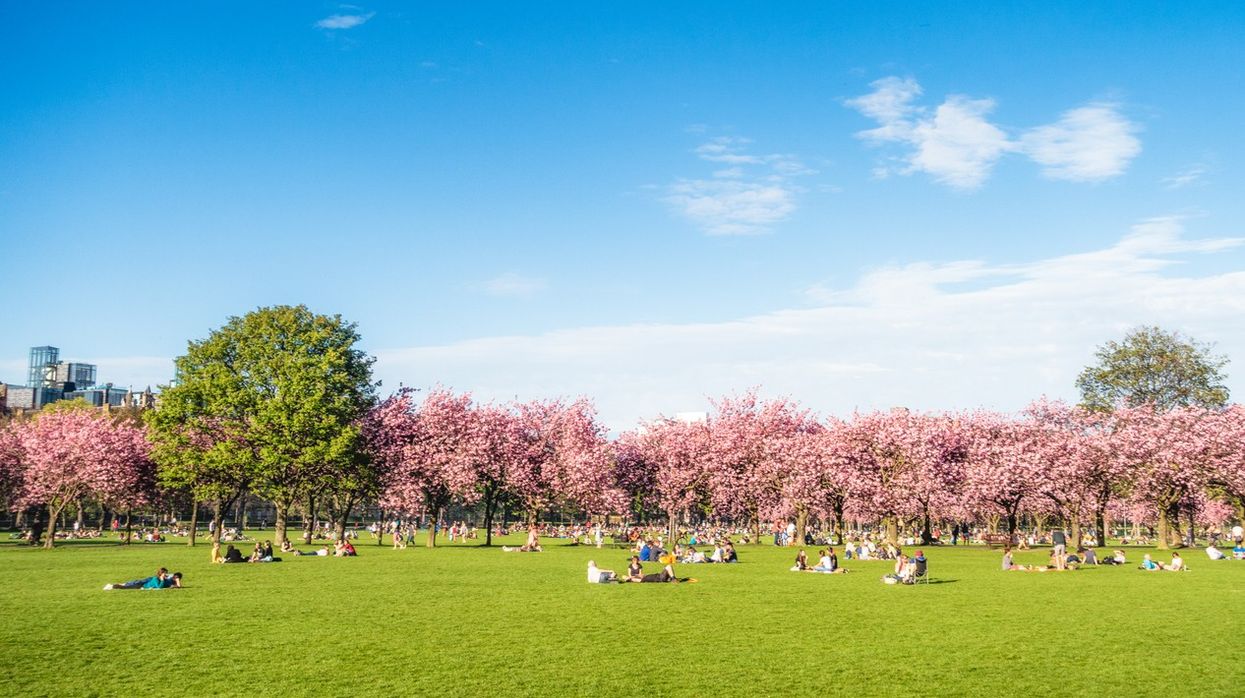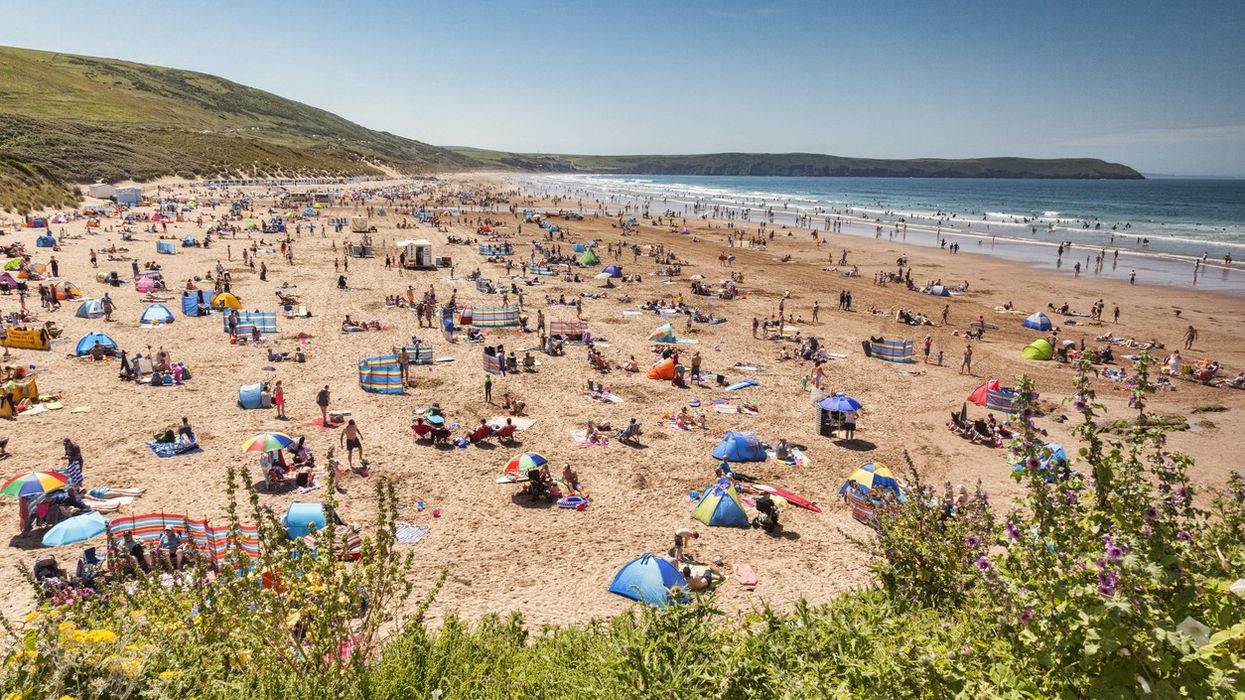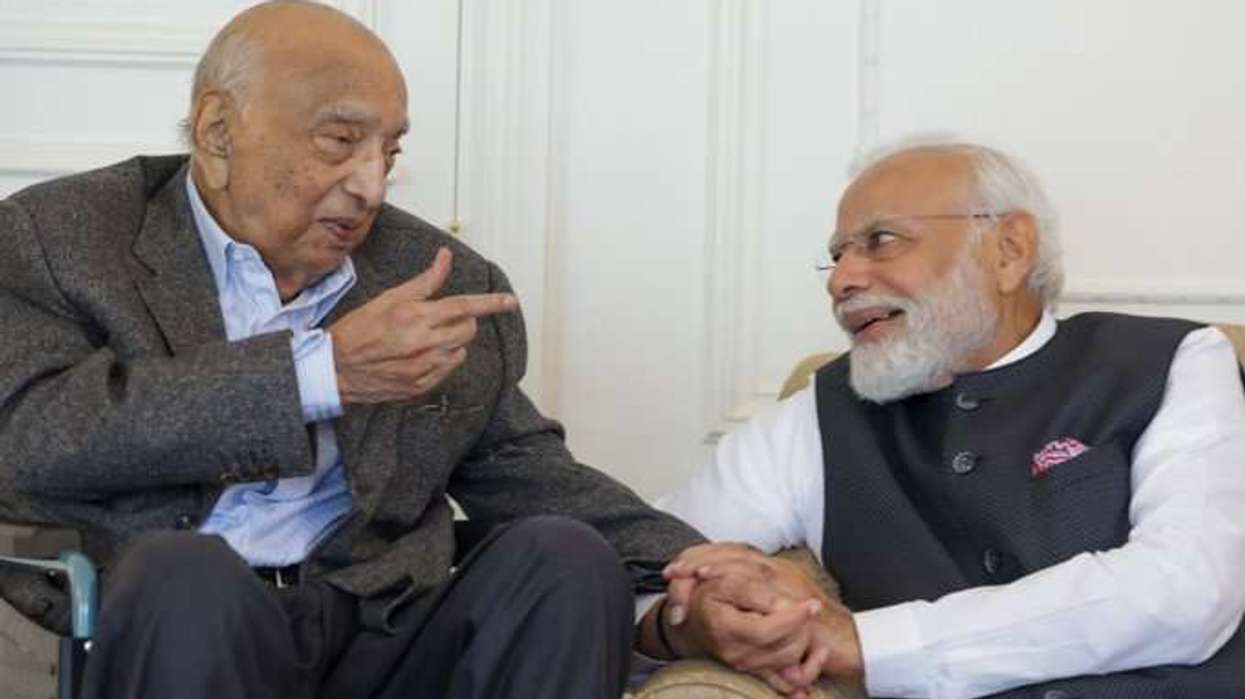The UK has experienced its hottest and sunniest spring since records began, according to new data released by the Met Office. The season, which typically brings cool and wet conditions, saw persistent high-pressure systems resulting in prolonged dry and sunny weather across the country.
The average temperature for spring 2025 was recorded at 9.5°C, which is 1.4°C above the long-term seasonal norm. All four nations of the UK – England, Scotland, Wales and Northern Ireland – recorded their warmest spring temperatures to date.
Met Office figures show that eight of the ten warmest UK springs have occurred since the year 2000, with the three hottest all taking place since 2017. This spring’s weather was not only the hottest on record but also the sunniest, with 653.3 hours of sunshine recorded – 43 per cent above average. It surpassed the previous spring sunshine record set in 2020 by over 27 hours, making it the fourth sunniest season overall since 1910.
The unusual weather patterns were largely due to high-pressure systems from the Azores and mainland Europe, which blocked the usual Atlantic fronts that bring rainfall to the British Isles. These systems led to extended periods of dry weather and more sunlight than normal for the season.

The impact was also felt in UK waters. Sea surface temperatures around the British Isles hit record levels for April and May, with some areas experiencing temperatures up to 4°C higher than the seasonal average.
However, the sunshine came at a cost. The UK endured one of its driest springs in nearly a century. By mid-May, the season ranked as the sixth driest since records began in 1836, with just 128.2mm of rainfall, around 40 per cent below the average.
Emily Carlisle, a scientist at the Met Office, said: “This spring shows some of the changes we’re seeing in our weather patterns, with more extreme conditions, including prolonged dry, sunny weather, becoming more frequent.”
Alec Hutchings, WWF’s chief climate adviser, added that the Met weather data highlights the urgent need for climate action. “Climate change is no longer a distant threat – it’s here now and it needs immediate action,” he said.
For those wondering about the weather today, the shift in long-term patterns continues to influence daily forecasts, with conditions expected to remain warmer and sunnier than average.





